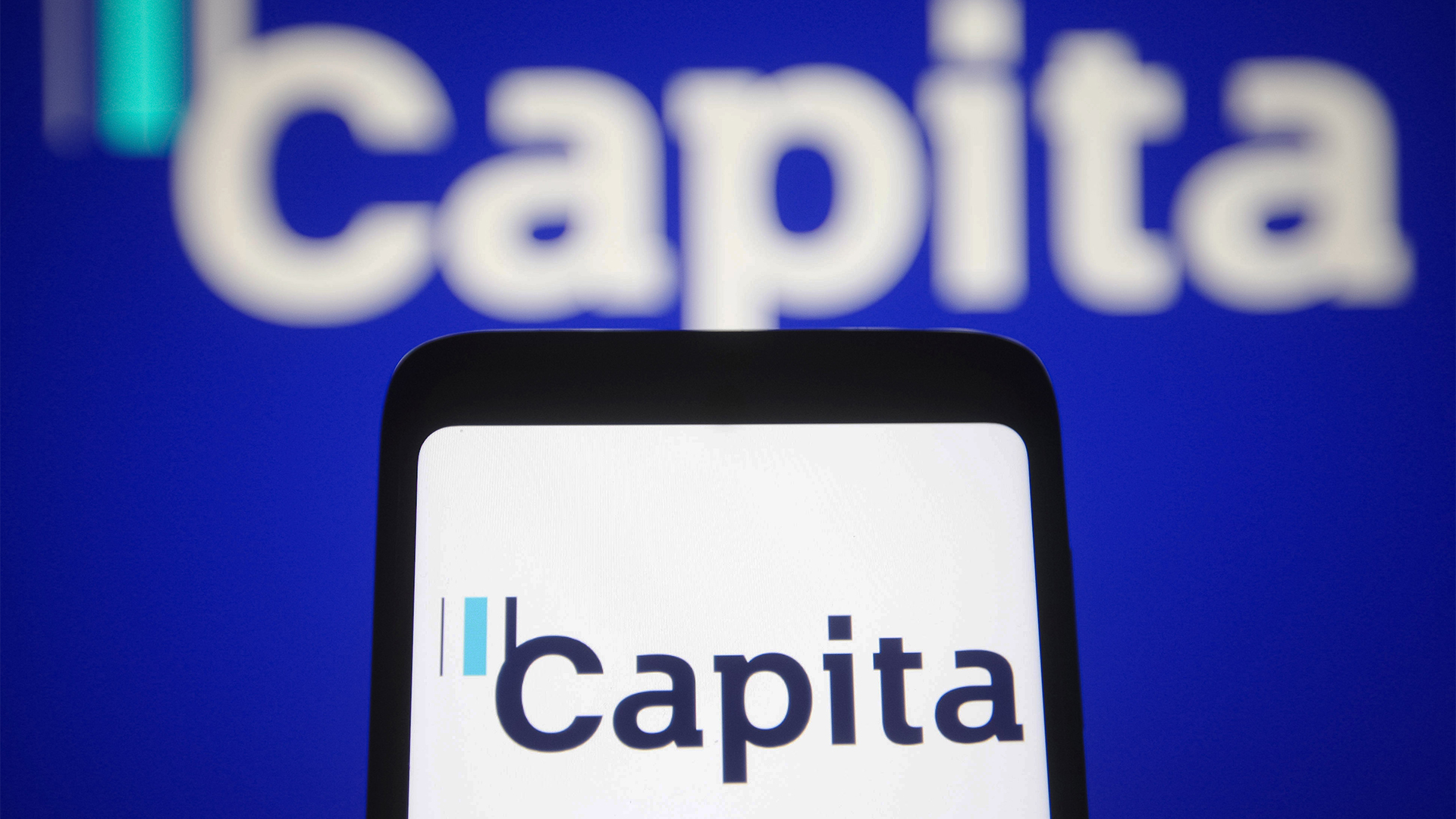Capita plans £100 million in cost cuts as it continues to grapple with 2023 cyber attack
Capita plans a series of cost cutting measures as it grapples with the aftermath of a disastrous 2023 cyber attack


Capita has announced plans to significantly reduce costs in the year ahead after incurring sizable losses in the wake of a damaging 2023 cyber attack.
Financial reports from the outsourcing firm show a net loss of $135.6 million (£106.6m) in 2023. Initial estimates published by Capita in the wake of the incident suggested it expected to incur losses of up to $25 million. However, its latest earnings report outlined a revised figure in the $32 million range.
A breakdown of expected costs in May last year showed the firm planned to spend millions on specialist professional services, recovery and remediation, and investments aimed at reinforcing its cyber security capabilities.
In the year ahead, Capita chief executive Adolfo Hernandez said the firm now needs to cut costs by over $127 million as part of an efficiency drive.
“We need to deliver a rapid reduction in our cost base and are on track to deliver the net £60m ($76.4m) annualized cost savings, from Q1 2024 as announced in November,” he said in a statement.
“Today we are announcing further material efficiency improvements of £100m to improve our competitive position.”
Hernandez did not specify where the cuts would be made, but the outsourcing giant has already implemented cost reduction measures in the last year. In November 2023, Capita revealed plans to shed 900 staff in a bid to reduce expenditure.
Get the ITPro daily newsletter
Sign up today and you will receive a free copy of our Future Focus 2025 report - the leading guidance on AI, cybersecurity and other IT challenges as per 700+ senior executives
Capita feeling the pinch of rising data breach costs
Capita’s revised losses highlight the heightened financial pressures placed on firms in the wake of a security breach.
RELATED REPORT

Research shows that data breach costs have the potential to quickly spiral out of control as victims scramble to remediate damage and introduce more robust security measures.
Analysis from ExtraHop in August 2023, for example, found that data breach victims typically face a net income drop of up to 73% within the first year of a data breach disclosure.
Loss of customer confidence was also highlighted as a key danger in the wake of a data breach, further compounding financial difficulties due to lost custom.
Similar research from IBM last year showed that UK businesses pay an average of £3.4 million in overall costs following an incident.
What happened in the Capita cyber attack?
Capita first revealed it had experienced a “cyber incident” in March 2023. Initially, the company insisted there was “no evidence” that customer data had been compromised.
The company later issued an update following a preliminary investigation, however. In Mid-April, Capita revised its initial claims, revealing that company servers had been compromised and that it had found “some evidence of limited data exfiltration”.
Data impacted in the breach included customer, supplier, and colleague data, along with client pension information.
Capita’s response to the incident was criticized by industry stakeholders amid accusations that it failed to adequately inform affected customers.
The firm’s sporadic communication with affected clients bore similarities to a security breach at LastPass in late 2022 where the password security provider failed to outline the true extent of an incident to customers.

Ross Kelly is ITPro's News & Analysis Editor, responsible for leading the brand's news output and in-depth reporting on the latest stories from across the business technology landscape. Ross was previously a Staff Writer, during which time he developed a keen interest in cyber security, business leadership, and emerging technologies.
He graduated from Edinburgh Napier University in 2016 with a BA (Hons) in Journalism, and joined ITPro in 2022 after four years working in technology conference research.
For news pitches, you can contact Ross at ross.kelly@futurenet.com, or on Twitter and LinkedIn.
-
 Bigger salaries, more burnout: Is the CISO role in crisis?
Bigger salaries, more burnout: Is the CISO role in crisis?In-depth CISOs are more stressed than ever before – but why is this and what can be done?
By Kate O'Flaherty Published
-
 Cheap cyber crime kits can be bought on the dark web for less than $25
Cheap cyber crime kits can be bought on the dark web for less than $25News Research from NordVPN shows phishing kits are now widely available on the dark web and via messaging apps like Telegram, and are often selling for less than $25.
By Emma Woollacott Published
-
 Capita handed £50m London police contract weeks after losing pension data
Capita handed £50m London police contract weeks after losing pension dataNews The outsourcer will provide digital fraud reporting services after its cyber incident disclosure drew criticism
By Rory Bathgate Published
-
 Capita tells pension provider to 'assume' nearly 500,000 customers' data stolen
Capita tells pension provider to 'assume' nearly 500,000 customers' data stolenCapita told the pension provider to “work on the assumption” that data had been stolen
By Ross Kelly Published
-
 Capita cyber attack could cost firm up to $25 million in fees
Capita cyber attack could cost firm up to $25 million in feesNews Capita’s costs in the wake of a cyber attack could exceed expectations, experts have warned
By Ross Kelly Published
-
 Capita's handling of cyber attack shows companies still fail at breach reporting
Capita's handling of cyber attack shows companies still fail at breach reportingAnalysis Capita initially told customers there was “no evidence” of data having been compromised in the March cyber attack
By Ross Kelly Published
-
 Capita finally admits breach affecting 4% of its servers
Capita finally admits breach affecting 4% of its serversNews It also allegedly misled the public about when the breach took place
By Connor Jones Published